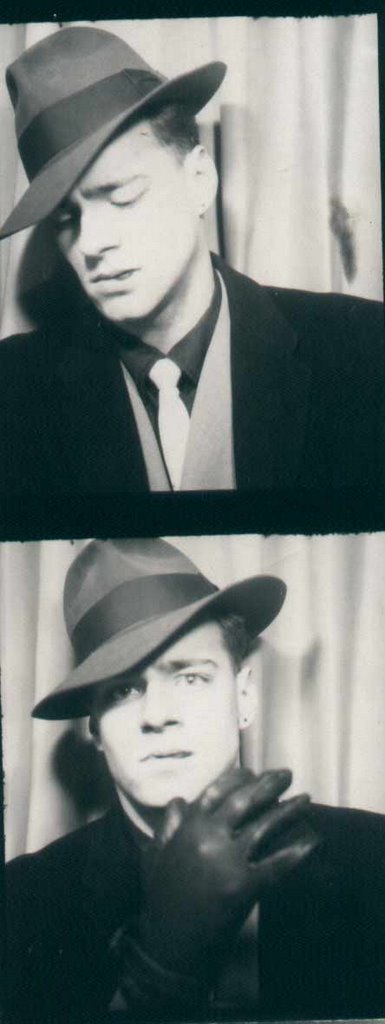
By 1921 there were a number of patriotic groups in Bavaria clamoring for a restoration of the monarchy under Crown Prince Ruprecht and talk of forming a break away Confederation of the Danube. Bund Oberland was against such a position and sought ways to thwart the monarchists. It appears that Römer devised a plan to harness the energies of radical workers. To do this he contacted his childhood friend Otto Graf, KPD representative in the Bavarian parliament, and channeled some 350,000 marks in financial support to the KPD from Bund Oberland. In August 1922 during the course of an internal political struggle between Dr. Friedrich Weber’s faction, which sympathized with the NSDAP (Nazis), and that of the original leaders, Horadam and Römer, which were more left-leaning, Römer was accused of embezzling Oberland funds to aid his friend Graf and the KPD. Römer was expelled from Bund Oberland on 15 March 1923.
With the general disbanding of the Freikorps in the early twenties, Römer returned to school, receiving a law degree in 1922. Soon thereafter Römer began to write for the KPD periodical Aufbruch (New Start) and, after joining the KPD in 1932, he became editor in chief.
Römer opposed the Nazi regime right from the start and, as early as 1934, actively participated in plans to assassinate Hitler which lead to his arrest and imprisonment in Dachau until 1939. Upon his release, Römer immediately became involved with the worker’s opposition, publishing a bulletin for the resistance, Informationsdienst (Information Service), creating a network of opposition workplace cells, and again laying plans for an assassination attempt on Hitler. Unfortunately, these cells were infiltrated by the Gestapo and Römer was arrested in February 1942 for activities related to abetting the enemy and corruption of military readiness.
Josef Römer was sentenced to death on 16 June 1944 and executed on 25 September of that year.




No comments:
Post a Comment